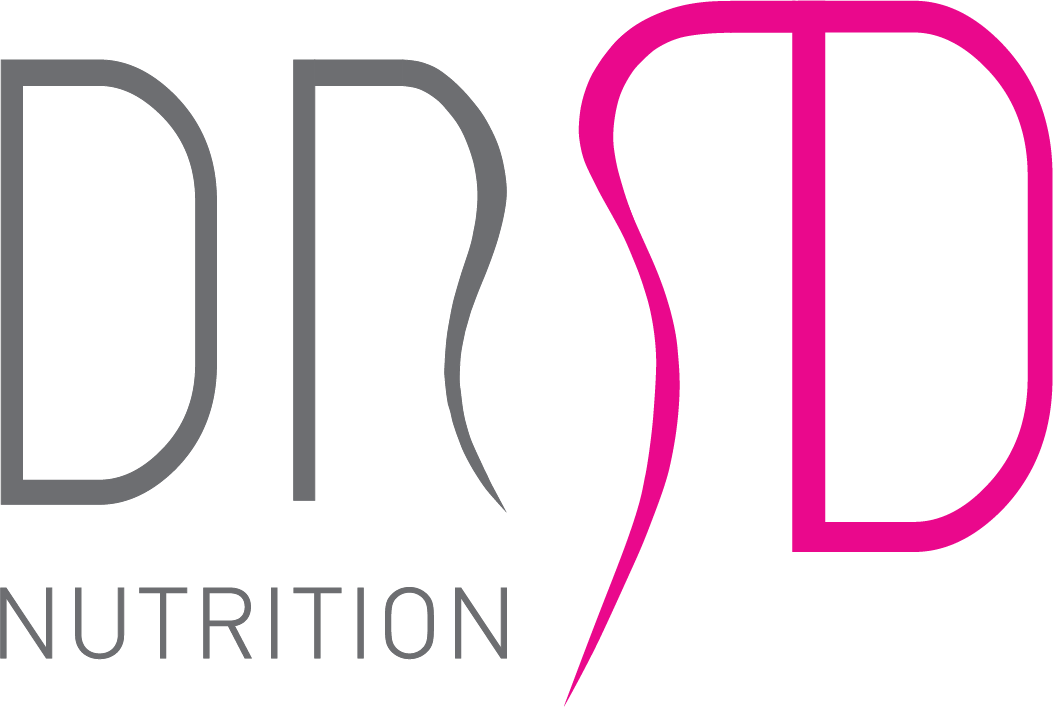What is Crohn’s Disease?
Crohn’s disease is a type of inflammatory bowel disease (IBD) that causes the digestive tract to become inflamed and irritated. This interferes with the body’s ability to digest food, absorb nutrients and excrete waste.
Individuals with Crohn’s disease are affected in varying ways, some experiencing more severe symptoms than others. Crohn’s disease does not have a cure, but it’s a manageable condition through medical interventions, proper education, nutrition and lifestyle factors.
The digestive tract helps our body digest food, absorb nutrients and excrete waste. Crohn’s disease can affect different parts of the digestive tract. It commonly causes irritation and inflammation in the small intestine and/or the large intestine.

Crohn’s Disease Vs Ulcerative Colitis
Crohn’s disease and ulcerative colitis are both types of inflammatory bowel disease (IBD). The two main differences between these diseases are the following.
- Ulcerative colitis will only affect the colon, whereas Crohn’s disease can occur anywhere in the digestive tract.
- Ulcerative colitis is a continuous inflammation in the colon, whereas in Crohn’s disease, there are healthy parts of the digestive tract mixed in-between areas that are inflamed.
What Are Some Symptoms of Crohn’s Disease?
Symptoms vary from person to person. Symptoms may worsen as well with stress, and other factors. Below are some common symptoms of Crohn’s disease:
- Abdominal pain, cramping, diarrhea
- Painful stools, bloody stools, erratic bowel movements
- Low appetite
- Weight loss
- Fatigue
How to Treat Crohn’s Disease?
In some severe cases, Crohn’s disease can be treated through medication and surgergical interventions. This said, in many cases, it can mostly be managed through diet and lifestyle changes that help decrease symptoms and improve quality of life.
Nutrition & Crohn’s Disease
Nutrition and Crohn’s disease can mutually influence each other on different levels. Some foods seem to irritate the digestive tract more than others. Additionally, there may be issues digesting and absorbing nutrients. This could put someone with Crohn’s disease at risk for malnutrition or nutrient deficiencies. For these reasons, diet should be managed.
Every person is unique and irritating foods may vary greatly from person to person. If you’re experiencing digestive symptoms, a good first step for a nutrition intervention is keeping a food journal. This can help identify irritating foods. Irritating foods vary from person to person. There are some common, irritating foods. Below are some foods which may be causing symptoms.
- High fibre foods
- Milk and dairy products
- Processed foods high in added sugar
- Spicy foods
- Caffeinated drinks
- Alcohol
- Sugar substitutes
Some of these foods are part of a balanced diet, such as dairy products. Dairy products are an important source of calcium and vitamin D. However, it’s possible to get these nutrients from alternative sources. Consult with a registered dietitian for additional guidance.
Nutrition & Crohn’s Disease
Nutrition and Crohn’s disease can mutually influence each other on different levels. Some foods seem to irritate the digestive tract more than others. Additionally, there may be issues digesting and absorbing nutrients. This could put someone with Crohn’s disease at risk for malnutrition or nutrient deficiencies. For these reasons, diet should be managed.
Every person is unique and irritating foods may vary greatly from person to person. If you’re experiencing digestive symptoms, a good first step for a nutrition intervention is keeping a food journal. This can help identify irritating foods. Irritating foods vary from person to person. There are some common, irritating foods. Below are some foods which may be causing symptoms.
- High fibre foods
- Milk and dairy products
- Processed foods high in added sugar
- Spicy foods
- Caffeinated drinks
- Alcohol
- Sugar substitutes
Some of these foods are part of a balanced diet, such as dairy products. Dairy products are an important source of calcium and vitamin D. However, it’s possible to get these nutrients from alternative sources. Consult with a registered dietitian for additional guidance.
Support Options
Managing Crohn’s disease can be overwhelming, but you’re not alone. If you’re struggling with digestive symptoms and you’re suspecting it may be Crohn’s Disease, consider consulting with your doctor to complete proper testing and confirm the diagnosis. Our team of registered dietitians at DRRD Nutrition can gladly support you in better understanding and managing your digestive symptoms, while preventing malnutrition.

